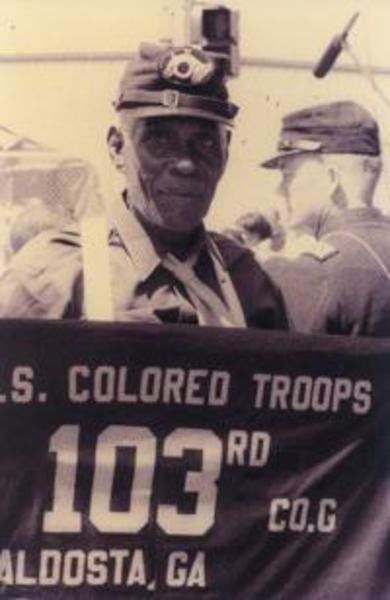Cagle: The king who thought he was a cow
Published 10:45 am Sunday, July 21, 2019

- James Cagle
The Bible says, “The king spake, and said, Is not this great Babylon, that I have built for the house of the kingdom by the might of my power, and for the honour of my majesty? While the word was in the king’s mouth, there fell a voice from heaven, saying, O king Nebuchadnezzar, to thee it is spoken; The kingdom is departed from thee. And they shall drive thee from men, and thy dwelling shall be with the beasts of the field: they shall make thee to eat grass as oxen, and seven times (seven years) shall pass over thee, until thou know that the most High ruleth in the kingdom of men, and giveth it to whomsoever he will,” (Daniel 4:30-32).
In the first part of Daniel chapter four, King Nebuchadnezzar has a dream that no one can interpret but Daniel. The dream speaks of Nebuchadnezzar’s power and rule and of his pride and his seven-year humiliation by the Most High, until he “knows that the most High ruleth in the kingdom of men, and giveth it to whomsoever he will.”
Daniel exhorted Nebuchadnezzar to repent in order to prevent this dream from actually coming to pass (vs. 27).
But Nebuchadnezzar didn’t repent, and twelve months later amidst his boasting this dream became reality.
He then experienced special divine judgment, possibly, with a malady known as boanthropy, a rare form of monomania. A person with boanthropy thinks they’re a cow, (bo=cow, anthropy=man). It’s much like lycanthropy, when a person thinks they’re a wolf, (lyc=wolf, anthropy=man). They’re both a neuroimaging malfunction, often caused by a brain tumor.
Then for seven years Nebuchadnezzar acted like a cow because he had the understanding of and thought like a cow. He was very much like a beast as he ate what cows eat and stood out in the weather like a cow, and as his hair grew to cover his body like feathers on an eagle and his nails grew to be like birds’ claws (vs. 33).
Nebuchadnezzar had much to be proud of. Under Nebuchadnezzar’s rule, Babylon became the envy of the world, with great buildings, aqueducts, tunnels under rivers, and the Hanging Gardens of Babylon which was one of the Seven Wonders of the World.
But instead of being proud and giving glory to himself he should have praised and thanked God for his glory and success because it was God that gave him all he had.
In Nebuchadnezzar’s dream the tree represented his kingdom. The tree was cut down and the stump was left and banded with a band of iron and brass. This scene was interpreted to mean Nebuchadnezzar’s kingdom would be preserved during his seven years of humiliation and would be restored to him after he came to know that the “heavens do rule” (vs. 23, 26), and not man.
At the end of his seven years of believing he was a cow, Nebuchadnezzar was humbled and he then blessed, honored, and praised the “most High,” and his understanding, reason, glory, kingdom, and what could be called his cabinet, returned to him (vs. 34-36).
“Nothing is more insane than human pride. Nothing is more sober and sensible than to praise God.”
James H. Cagle lives in Ray City, Ga., and is a former Hamilton County resident.





